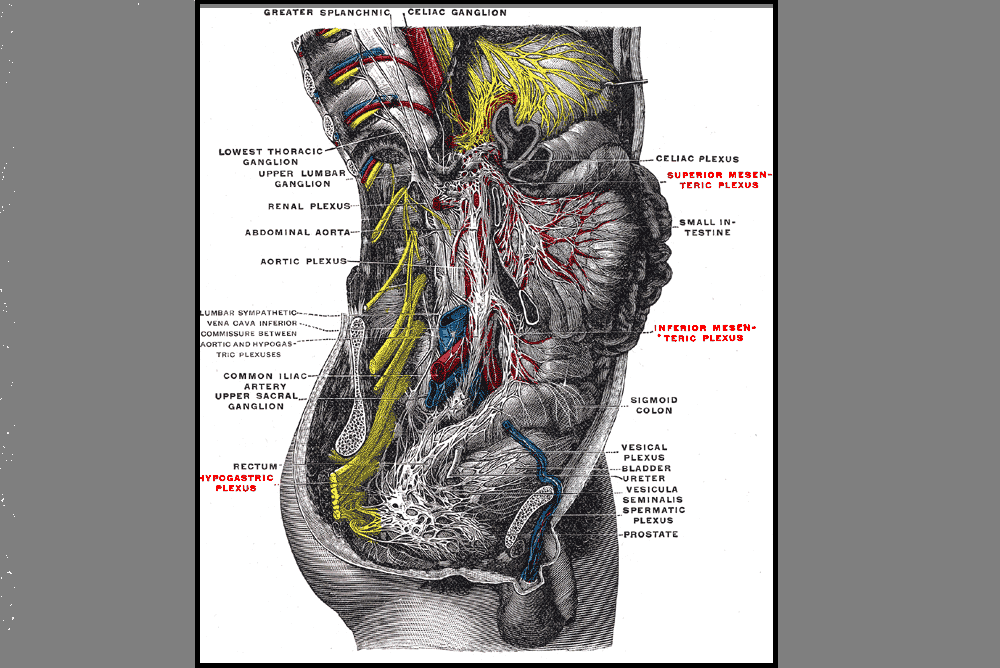While on a walk with my son recently, as he was collecting sticks, he casually repeated the phrase "sticks and stones may break my bones, but words can never hurt me..." and it allowed us to have a brief discussion about how words can, and do, hurt people. Parents today are armed with terrific tools to learn about emotional intelligence, and how the power of language can, for example, help preserve a child's self-esteem while the parent still sets up boundaries. How often are we trained as adults to pay attention to the phrases, gestures, or words that we use during adult interactions, or in patient care interactions? Think about a mentor, supervisor, or friend who you admire- who you aim to emulate. What is it about the person's interactions you find inspiring? Is it the command of the situation she has, the compassion she exudes, or the intelligent way she can say things to a patient? Regardless of the trait you are admiring, communication is likely a key factor in the interactions you find pleasing.
A recent MedScape article asks doctors to share words they let fly, only to wish they could take them back. We have all spoken in haste, in frustration, or in jest, only to realize that we have offended a patient, a family member, or a colleague. The most important thing in that situation may be the actions that follow the indiscretion. And as many martial arts traditions teach, the highest form of self-defense is to avoid conflict in the first place, so how can we best position ourselves to avoid using phrases, gestures, or other communications that offend and create barriers between ourselves and the patient? The most critical part of the solution is awareness. We all use phrases that are so commonly part of our everyday life we don't even know we are using them. It could be "cool" or "is that right?" Do you really mean that a patient's response to your intervention is "cool?" And do you really want the person to clarify if what they are saying is true? What if we took the world as literally as some of the children in our lives do? What would our day look like? Looking at some typical, and lazy ways that we talk, is is accurate to say the following?
- I'm starving
- I wanted to die
- He is so worthless
- You'll be fine
How many of us are truly starving in our communities? Is someone worthless simply because you did not get a return phone call? Will the patient be fine, or do you need to say so because you want to feel less worried?
And how do you feel about the person who begins a discussion with these?
- Let me be honest with you
- Here's what you need to do
- I hope this doesn't offend you
I realize this might seem like micromanagement of every single word out of the mouth. I encourage you to try sometime being truly, excruciatingly aware of what you say, even for an hour. If you invite the kind of honesty required to make habit changes, you could ask a colleague if there are any phrases you often say that are annoying, or not useful. You could ask a student to write down phrases you use in patient care and then compare those phrases to more inspiring language you could employ. The next time you give a presentation, ask a trusted colleague how your use of language was perceived. You may be unpleasantly surprised to find out that you used the word "like" as if it were going out of style (and it did...) When we are really comfortable with our patients, perhaps we have treated them off and on for a few years, or they simply are a person we get along well with, dropping into casual conversation, dropping an f-bomb, or confiding personal details can happen. If you find yourself in this situation, you might simply apologize with a smile, and state that you forgot your manners, and request the patient forgive your casual attitude. We are always in a power situation with our patients, and can never assume that a casual attitude is not misconstrued.
Another habit that can cost you a patient, or a promotion for that matter, is using phrases that come across as callous, or using gestures that indicate a lack of sensitivity. Are you someone who holds the imaginary gun to your head and pulls the trigger when you want to express how maddening a situation was? What do you know about the person to whom you are talking? Did a loved one commit suicide? Again, intention does not really matter once you have completed an act that hurts or offends, and only by improving our awareness of every word, every hand gesture, can we work towards always saying what we mean, and being careful with other people's trust. Hand gestures outside of our own cultural awareness is another topic fraught with the potential to make a wrong move. When in doubt, check in with what your hands are doing: hold on tight to your pen, clipboard, or theraband, and avoiding pointing, thumbs up sign, and other common gestures that may not mean what you think it means.
While sensitivity of language and gestures takes effort, awareness, and being able to take feedback with openness, everyone wins in the end.








































